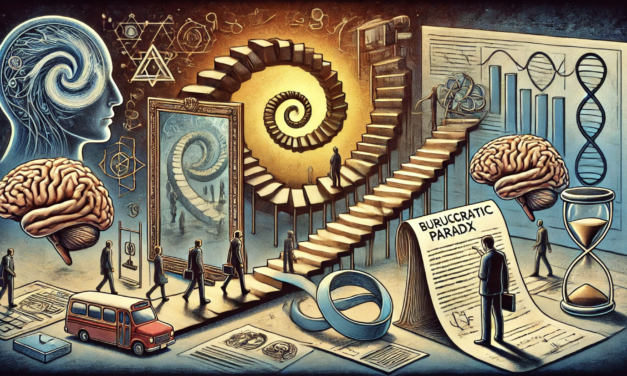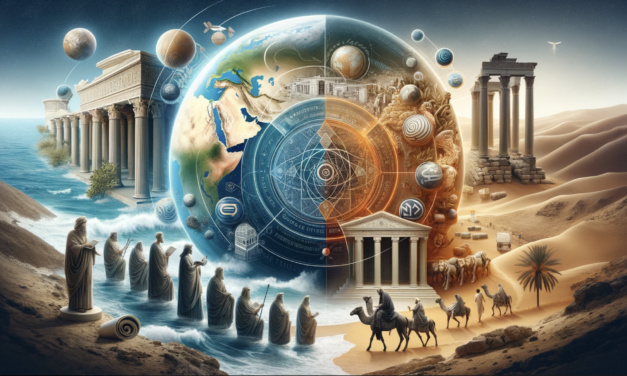From Mechanisms to Relationships: Rethinking Success in a Complex World
Success in complex systems—whether in organizations, ecology, or physics—depends not on control, but on relationships. This post explores how digitization, project management, and leadership must shift from mechanistic thinking to relational intelligence, fostering adaptability, collaboration, and resilience in a rapidly changing world.
Read More





